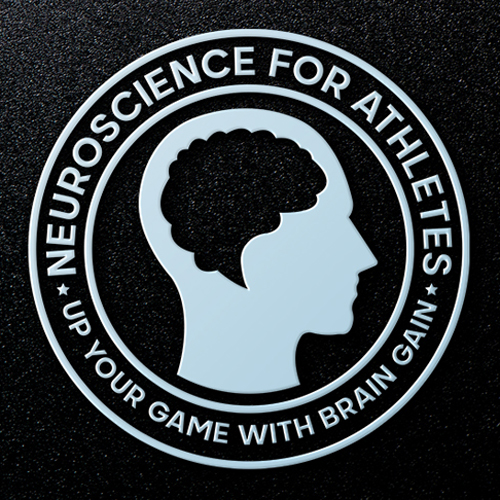Athletic performance is not just about physical abilities, but also mental strength and resilience. The ability to perform under pressure, stay focused, and manage emotions is just as important as physical fitness in sports. In this blog post, we will explore the mental game of athletes and provide practical strategies and techniques to improve performance.
Goal-Setting
Goal-setting is a powerful technique to improve athletic performance. Setting clear and specific goals helps athletes stay motivated and focused on what they want to achieve. Goals should be challenging yet achievable, and athletes should break them down into smaller steps to track progress. When athletes achieve their goals, they feel a sense of accomplishment that boosts confidence and self-esteem.
Visualization
Visualization is a mental technique that involves imagining performing a skill or technique in the mind’s eye. Visualization can help athletes build confidence, reduce anxiety, and improve performance. Athletes can use visualization techniques to rehearse their moves, overcome mental blocks, and improve their focus. Visualization can also help athletes stay positive and motivated during setbacks and challenges.
Self-Talk
Self-talk is the internal dialogue that athletes have with themselves. Self-talk can be positive or negative, and it can influence how athletes feel and perform. Negative self-talk can increase anxiety and decrease confidence, while positive self-talk can boost motivation and improve performance. Athletes should practice positive self-talk by using affirmations, self-encouragement, and constructive criticism.
Mental Preparation
Mental preparation is crucial for performing under pressure. Athletes should practice mental skills such as deep breathing, meditation, and relaxation techniques to manage anxiety and stress. They should also practice visualization, goal-setting, and positive self-talk to build mental resilience and confidence.
In conclusion, the mental game is an essential part of sports performance. Athletes should use strategies such as goal-setting, visualization, self-talk, and mental preparation to improve their mental game and perform at their best. Mental skills take practice and discipline, just like physical skills, and can make a significant difference in an athlete’s performance under pressure. By developing mental strength and resilience, athletes can achieve their goals and perform at their best, both on and off the field.

